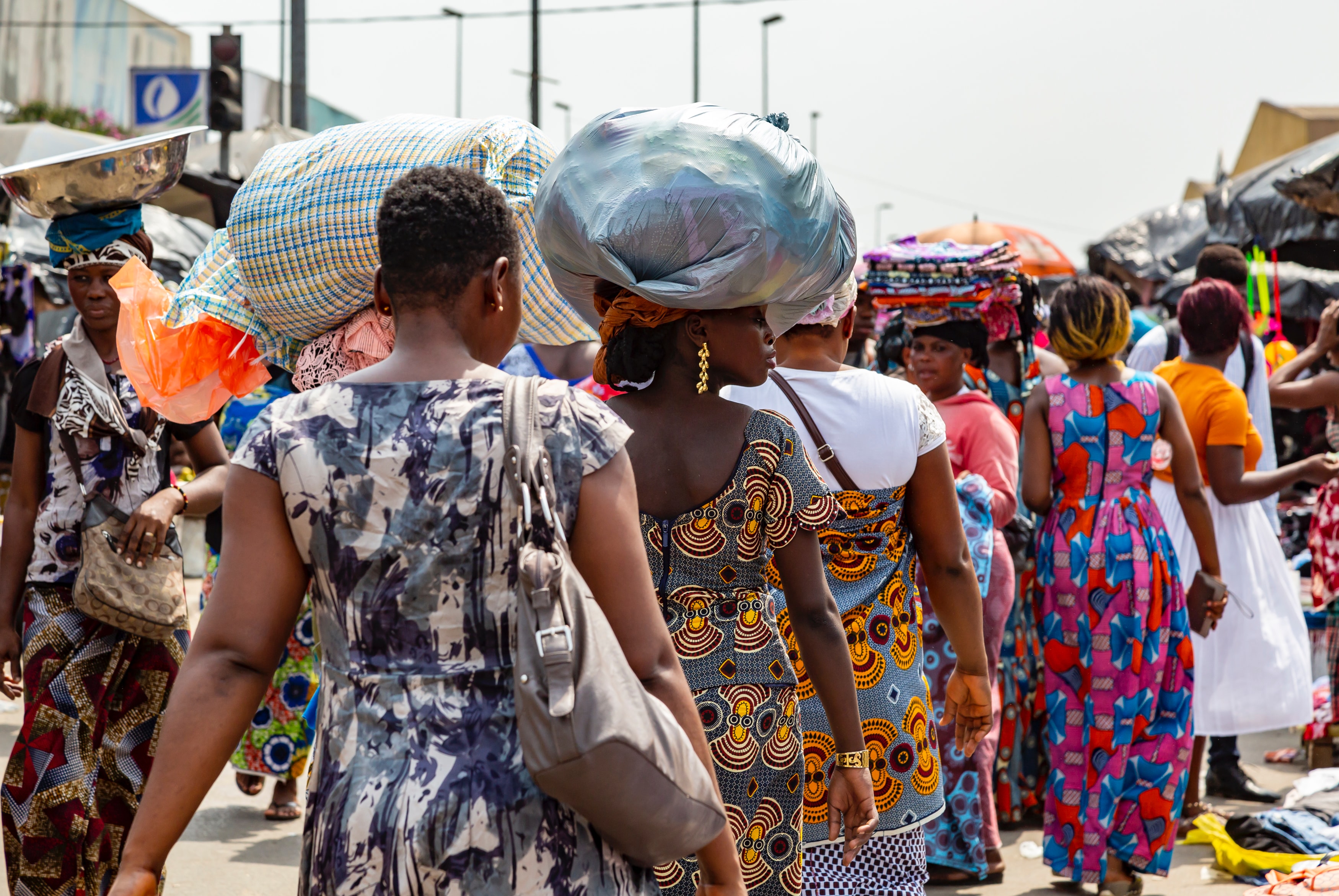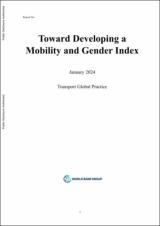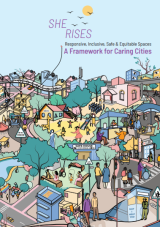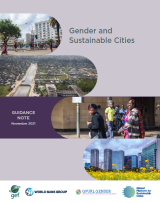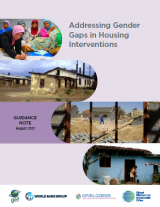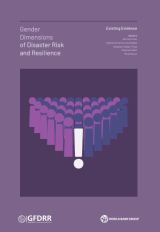Although the benefits of a gender-inclusive approach to mobility for transport decarbonization, access to jobs, and human capital advancement have been increasingly recognized globally, this topic has not received sufficient attention. The lack of attention to gendered mobility barriers is partly due to a limited understanding of the wider benefits of inclusive transport services for development, which is caused by the absence of sex-disaggregated mobility data highlighting gender inequalities.
